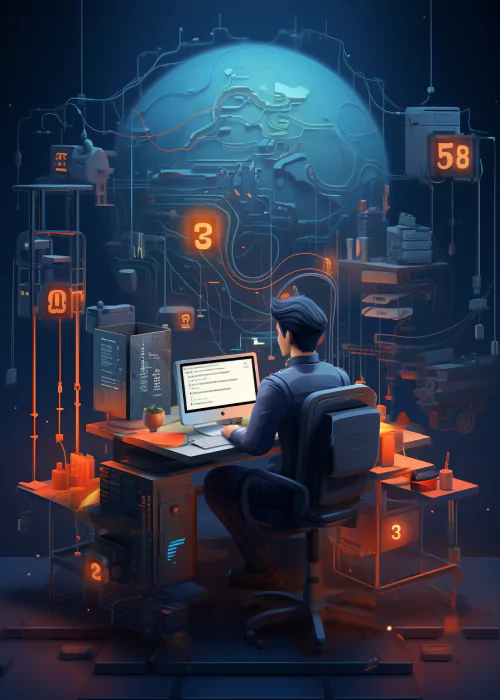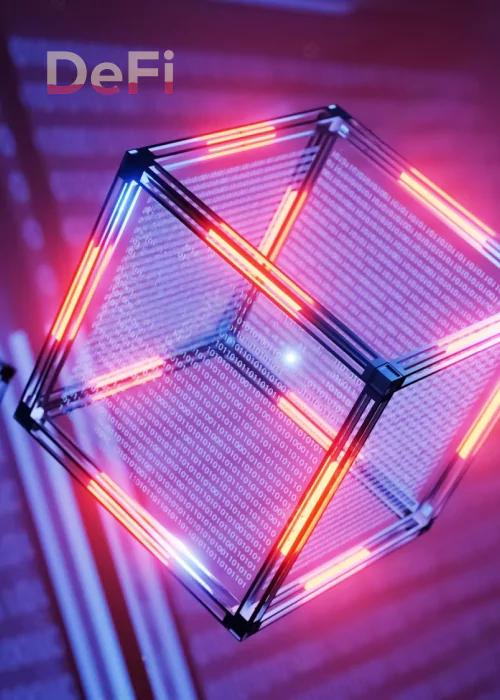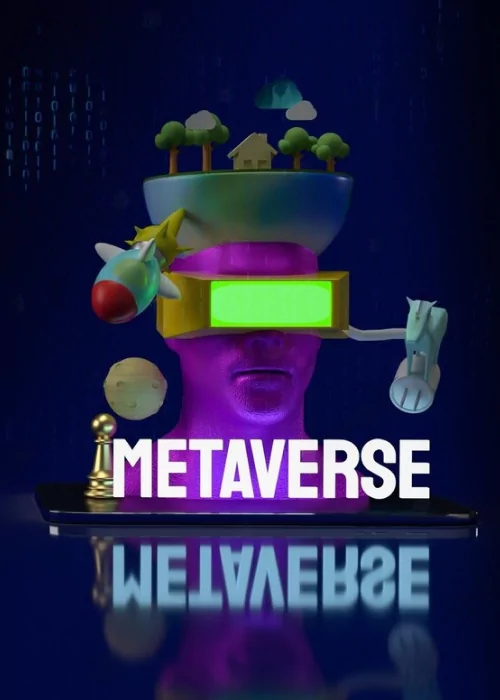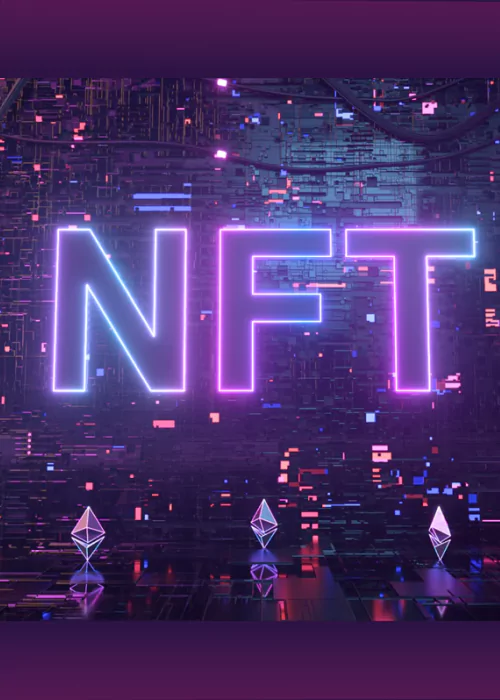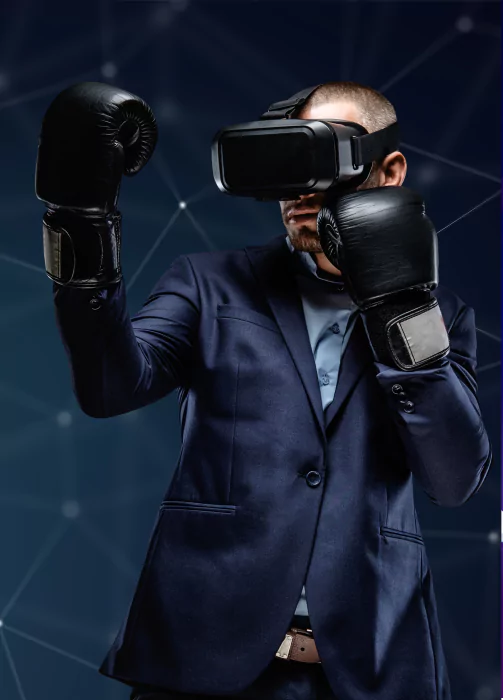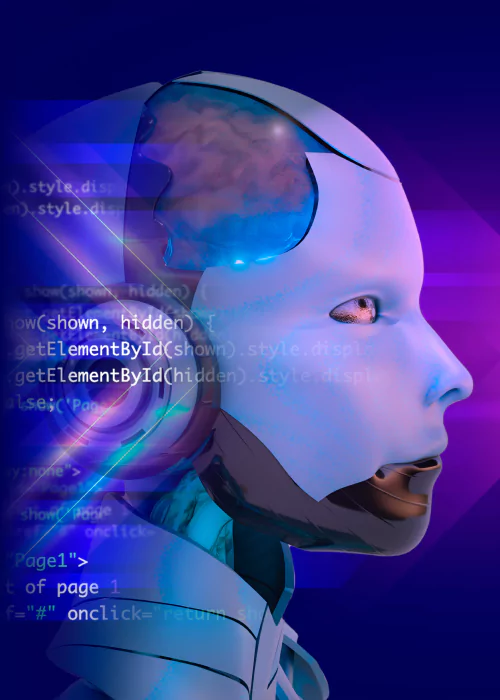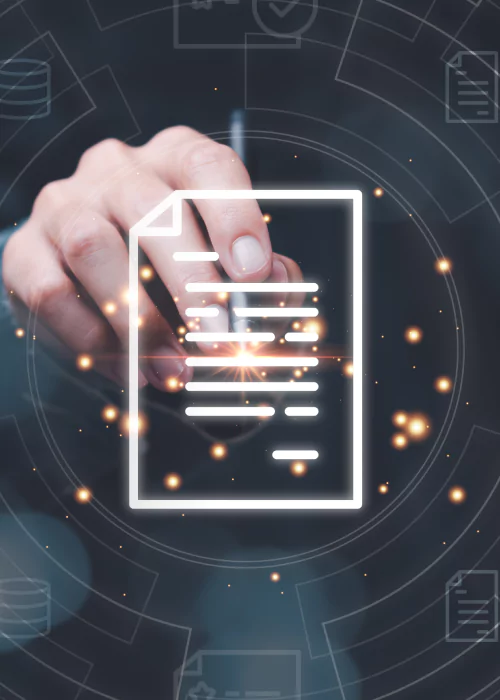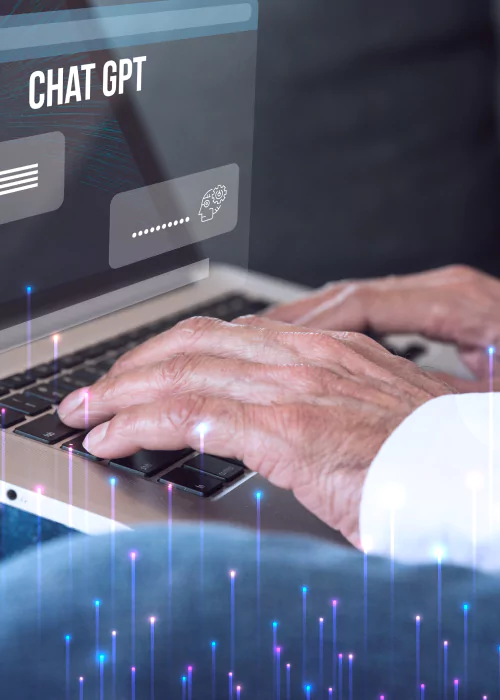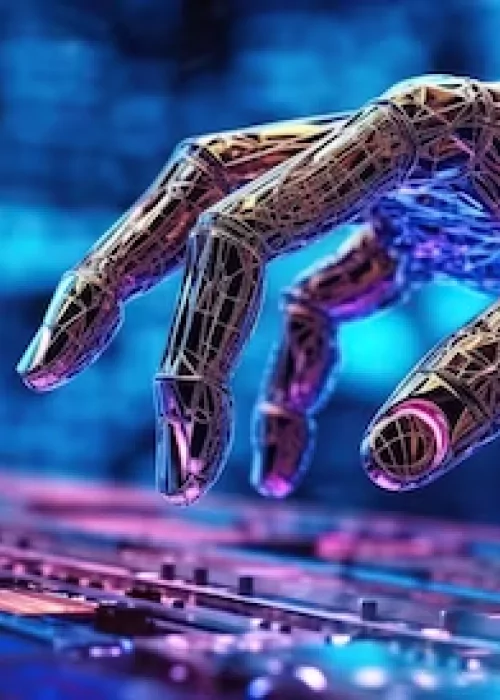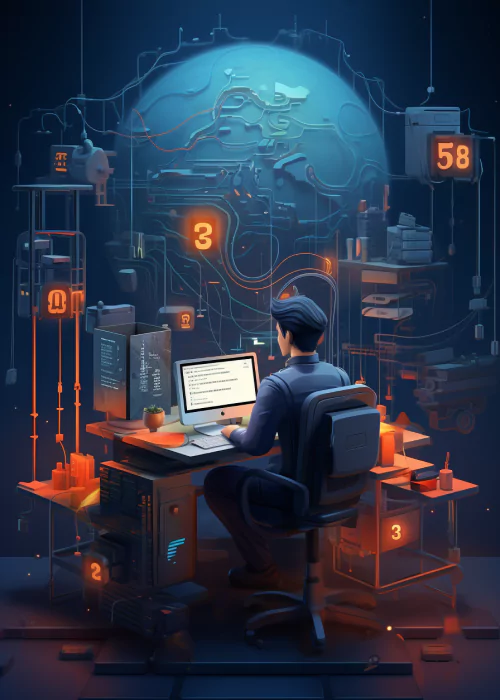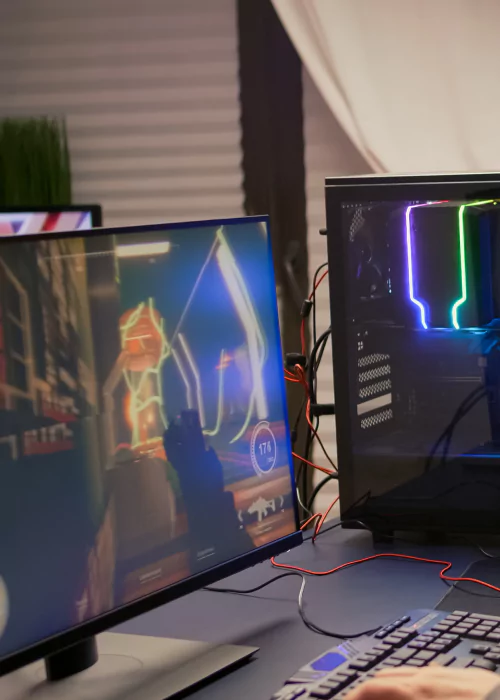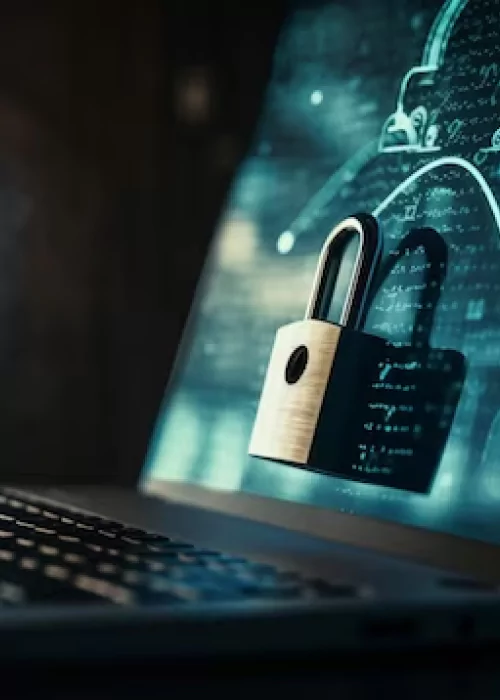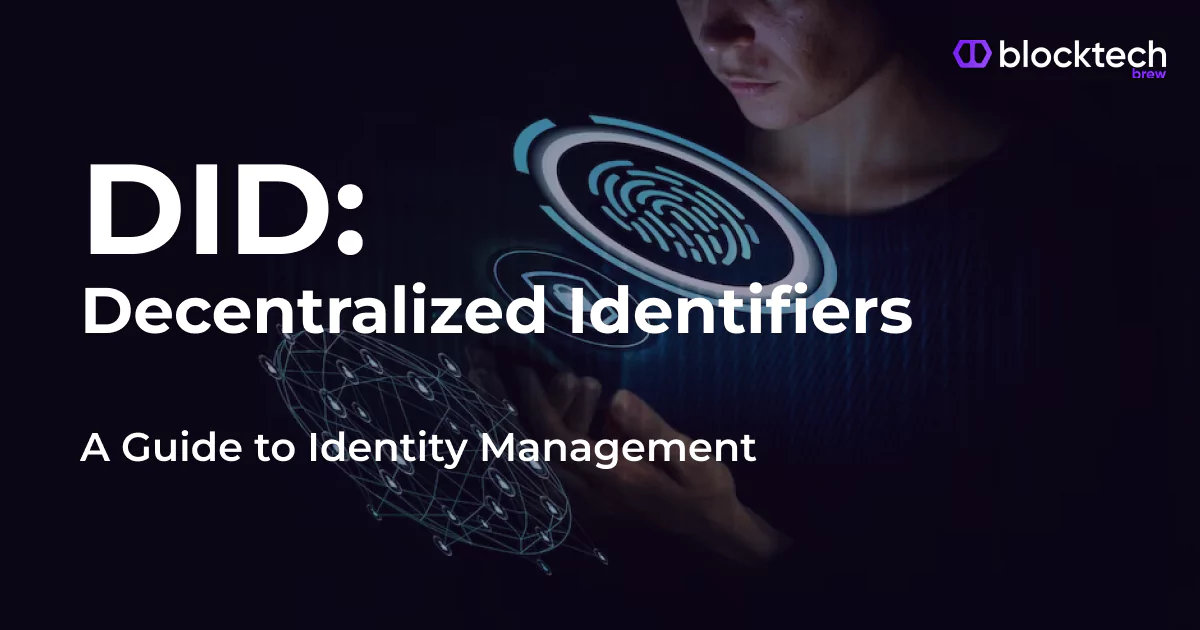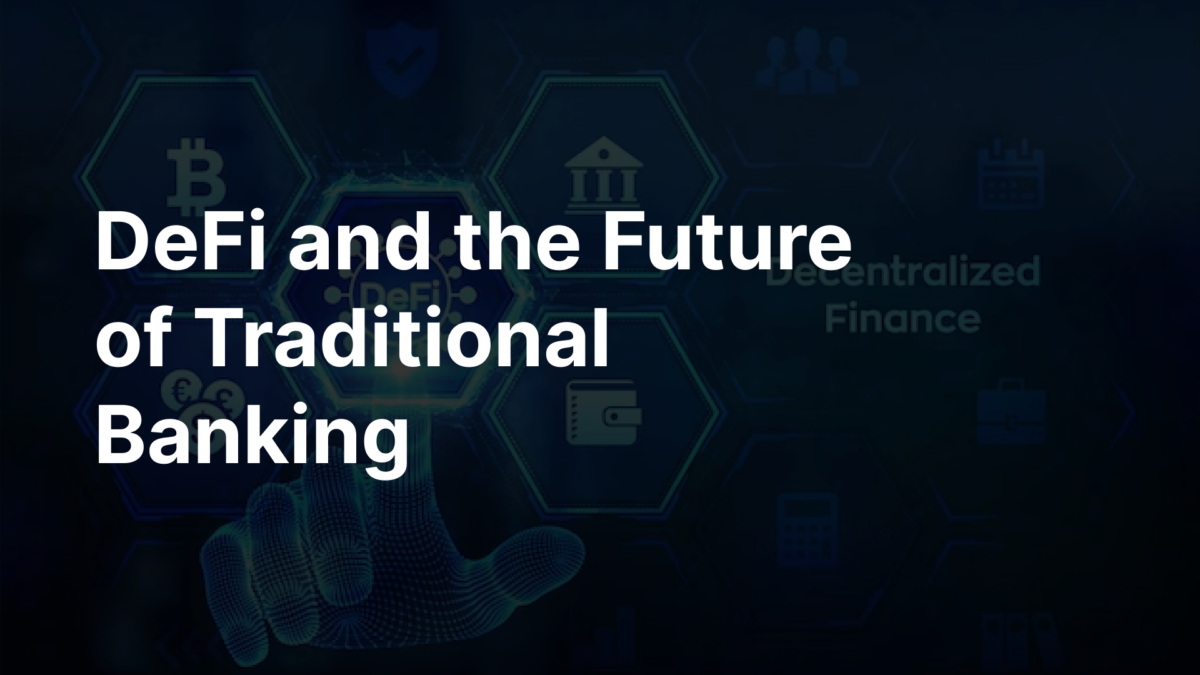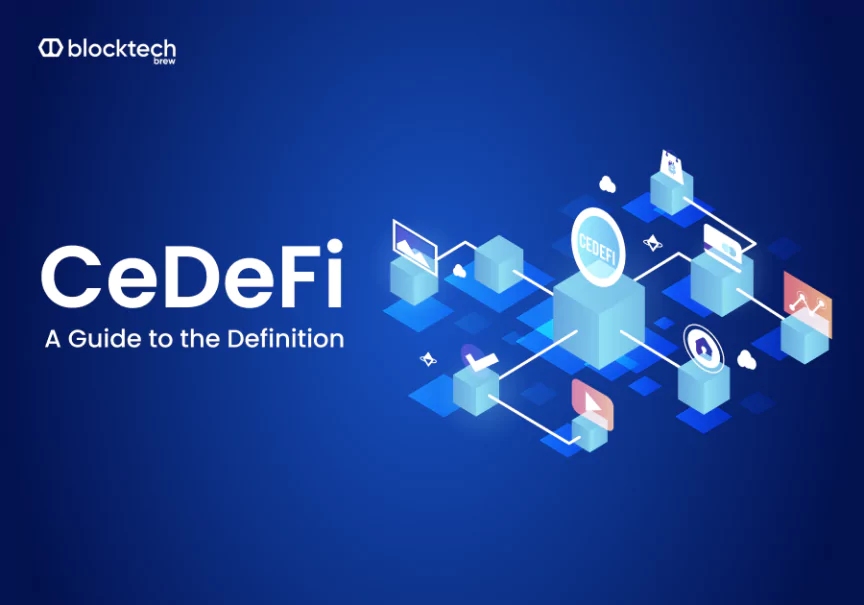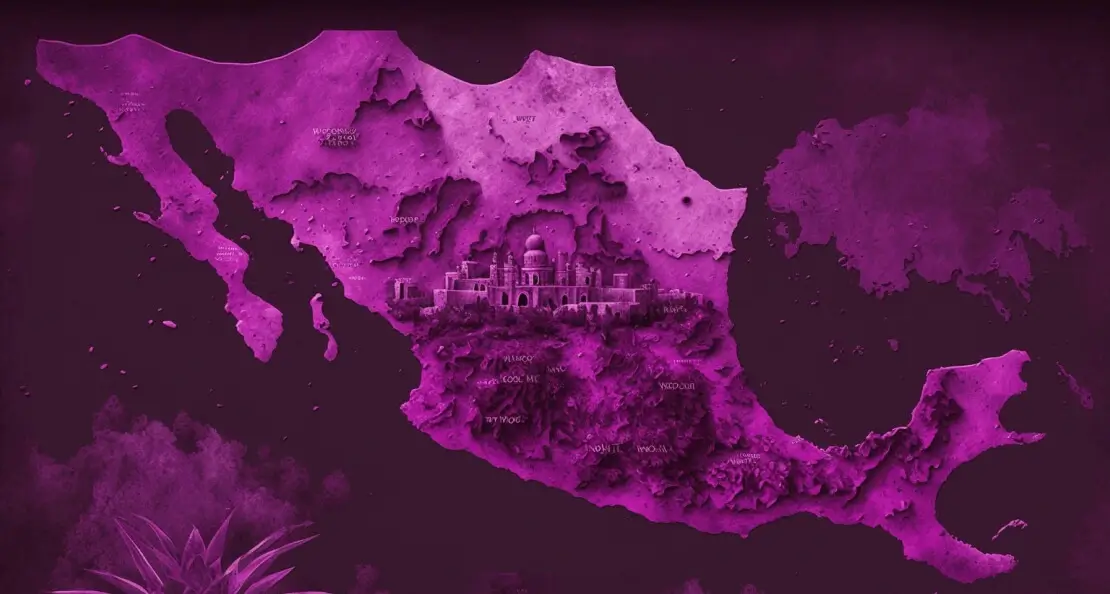It’s understandable that you might have read the term decentralized identifiers (DIDs) very often but aren’t aware of them. Here, we will cover all the aspects associated with DIDs to make it a full-fledged DID guide.
In layman’s terms, decentralized identifiers are identifiers that share complete control with users, i.e., individuals or organizations, over their digital identity.
Unlike traditional identifiers like a government-issued driver’s license, passport, or other identity, DIDs are not issued and regulated by a central authority.
These DIDs are securely stored on a decentralized network, like a blockchain. DIDs are protected from security breaches and verified without the interference of any central regulations.
History of DIDs
In 2017, DIDs were first introduced by the World Wide Web Consortium (W3C), providing a decentralized and secured method for identities.
W3C observed the requirement for a new type of identifier that puts control in the hands of individuals and organizations. Since their launch, DIDs have gained attention from several industries and are being developed more effectively using W3C standardization.
DIDs: A solution to privacy and identity theft
The lack of control over identifiers significantly led to maleficent activities where accessing the information could cause financial fraud and identity theft. DIDs preserved in blockchains provide a secure solution to this problem.
With decentralized identifiers, secured encryption, and cryptography that is verifiable, identity theft can be easily prevented. The most advanced nature of Web3 offers a promising solution for identity management as it works thoroughly on decentralization.
What are decentralized identifiers (DIDs)?
Decentralized identifiers are a type of unique identifier that allows entities to be recognized as verifiable, persistent, and without any centralized registry. DID implies a new model of decentralized digital identity that is also known as self-sovereignty identity.
DID uses blockchain cryptographic techniques to identify and verify individuals and entities. Cryptography plays a significant role in the development of DIDs. It provides a secure and verified way to store the information. Inclusively, DIDs offer a unique feature called ‘controller’, where a person or organization gets full control over their identity.
Here are some key features of DIDs:
- No third-party involvement: DIDs are thoroughly managed and regulated by users without the intervention of any third party.
- Regulated by owners: DIDs allow their owners to share their complete control over them.
- Don’t breach information: DIDs don’t contain any personal information about individuals or organizations to protect privacy.
Decentralized identifiers are one among three pillars of Self-Sovereign Identity that give individuals and organizations complete control over their digital identity.
What are the major types of decentralized identifiers (DIDs)?
DIDs provide several functionalities and mechanisms, and they are achievable with a variety of decentralized identifiers. Here are some leading DIDs mentioned below:
1: Ledger-Based DIDs
This ledger-based DID falls under the blockchain category, such as Ethereum and Bitcoin networking. Based on this concept, a decentralized system needs to be built rather than a centralized one.
2: Ledger Middleware DIDs
These DIDs are paired with blockchain-distributed ledgers with additional storage mechanisms. This layer of blockchain enables data updates among thousands of DIDs. These DIDs are more efficient, smoother, and cost-effective than others.
3: Peer IDs
Peer DIDs include only a few participants, which leads to a territorial resolution of DIDs. Using the advanced agent protocols, two or more people can easily maintain their DIDs. These provide high security, privacy, and secrecy for digital identities.
4: Static DIDs
These DIDs are limited to the basic functions of creation and resolution. In general, it works on basic keys that help it convert into DID formatting.
What are the core properties of DIDs?
Under the World Wide Web Consortium (W3C), Decentralized verifiers have four core components. Here are they:
1: Persistence: DIDs are introduced to be permanent storage of digital identity that is based thoroughly on the blockchain.
2: Resolvable: DIDs are easy to update by users. They can easily locate the information, details, and identities associated with DIDs.
3: Verifiable: DIDs work on cryptographic algorithms that improve the security and authenticity of digital identity.
4: Decentralised: DIDs operate on a decentralized database and are not regulated by a centralized authority.
Cryptography: The Backbone of DIDs
Cryptography is known as the foundation of the DID ecosystem. It ensures the security and privacy on which DID relies. Cryptography includes coding and algorithms to protect the data, messages, and communication channels of intended recipients.
It also ensures the encryption of data, which converts the message into a non-readable format during transmission.
Decryption also takes place when the information is retrieved into human-readable versions. These processes are vital for DIDs that require verifiable credentials using cryptography.
Cryptography has four major standards that work perfectly with DIDs and Web 3.0.
- Confidentiality
- Integrity
- Non-repudiation
- Authentication
What are the advantages of decentralized identities?
- Organizations: For organizations, DIDs offer instant verification without any requirement of the organization’s internal management. It cost-effectively provides efficient solutions.
- Individuals: DIDs offer complete ownership and control over individuals’ digital identities. Here, the owner can also add privacy to their data by having people view it.
- Developers: For developers, DIDs ease them by eliminating the need for password usage and inefficient authentication. It requests data from users without hampering privacy.
What are the use cases of DIDs?
1: Healthcare: In online health data management, technology integrates DID and verifiable credentials, enabling health providers to secure the patient’s medical data. It allows compliance and privacy regulation securely.
2: Real Estate: In the real estate business, companies frequently hire workers, and they don’t have enough time to verify each job applicant. Construction and training institutes issue a fraud-proof certificate to their graduates, and they have DIDs for that authentication to avoid future misrepresentation.
3: Education & Learning: DIDs are used by companies to track employees’ skill development. Every employee has a unique DID that is registered with the company, and when they complete their workplace diversity program and other advanced learning, they get verifiable DID credentials.
4: Authenticity Management: If users buy some special edition from globally recognized identifiers they are assured with DIDs that they are buying authentic products. Moreover, if the owner of the product changes, the title can easily be transferred as a verifiable credential.
5: Issuing IDs: DIDs allow people to carry their digital identities everywhere on their phones. As this is formulated on the Web3 and blockchain, it is highly secure and easily accessible by owners.
How to manage DIDs with Blocktech wallet?
Blocktech’s wallet allows users to secure their identities by efficiently creating, exporting, and importing their DIDs. Having a wallet ensures you have complete control over your DIDs with verifiable credentials. Blocktech DIDs allow multiple keys, ensuring different purposes. Here are some reasons why issuers use DIDs:
1: Employees get verifiable credentials.
2: Authenticate the genuine credentials from manufacturers.
3: Provides a secure channel to communicate and engage.
4: It is easy to remove credentials once the task has been accomplished.
In Conclusion
At present, when all forms of transactions, communication, and businesses are running online, it is difficult to protect the privacy and data relevant to sharing. To avoid such problems in a centralized system, the DIDs concept was introduced.
This is an emerging solution to address the potential threat of identity theft, forgery, and alteration in databases. The smart implementation of blockchain and Web 3 solutions brings DID as a full-fledged, secured solution for all organizations, individuals, and developers to secure their digital identities.
FAQS
1: What are decentralized identifiers?
Decentralized identifiers (DIDs) are a form of digital identity a person uses to prove their presence online without any association with a centralized government.
2: What are the differences between centralized and decentralized identifiers?
Centralized Identifiers
- Identifiers provided by centralized identifiers can be shut down or withdrawn whenever they are owned by the provider.
- They can also track the online behavior of the user.
- They are considered less secure connections.
Decentralized Identifiers (DIDs)
- DIDs created on decentralized blockchain-based processes are completely owned by the user.
- DIDs can be generated in n numbers, so tracking is not possible or easy to analyze.
- It enables unique and secure connections between parties.
3: What are public v/s private decentralized identifiers?
Public decentralized identifiers are useful for organizations or parties that need to have publicly identifiable digital identities, like government-issued ID cards. Whereas private decentralized identifiers can be easily exchanged between parties, this creates a secure channel for them. It prohibits the accessibility of all unauthorized persons who try to cease the channel.
4: How is self-sovereign identity related to DIDs?
Decentralized identifiers are among the three pillars of self-sovereign identity. It shares complete control with individuals and organizations over their digital identities without relying on any third party.

I am the CEO and founder of Blocktech Brew, a team of blockchain and Web 3.0 experts who are helping businesses adopt, implement and integrate blockchain solutions to achieve business excellence. Having successfully delivered 1000+ projects to clients across 150+ countries, our team is dedicated to designing and developing smart solutions to scale your business growth. We are focused on harnessing the power of Web 3.0 technologies to offer world-class blockchain, NFT, Metaverse, Defi, and Crypto development services to businesses to help them achieve their goals.





